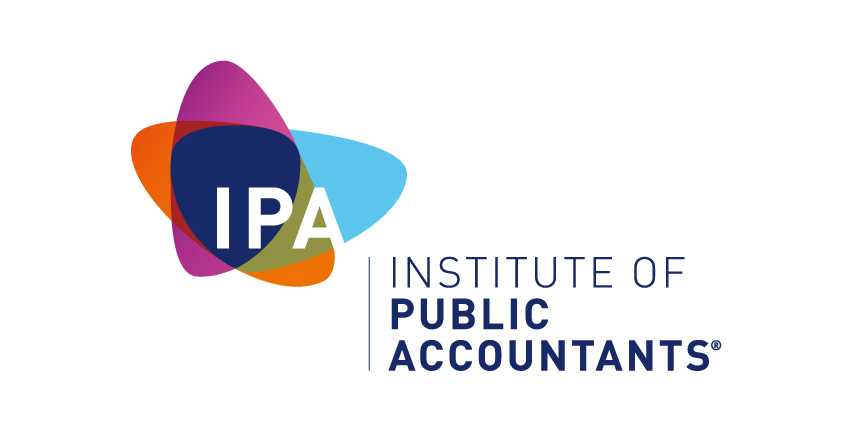AUSTRALIAN SMALL BUSINESS WHITE PAPER RELEASED
After more than 18 months of extensive research and consultation, the Institute of Public Accountants (IPA) in partnership with the IPA Deakin SME Research Centre has released the second edition of the Australian Small Business White Paper.
“Numerous policy recommendations have been adopted from the first edition which was launched in 2015. However, we recognise that the state of our economy is reliant on the productivity, growth and prosperity of the small business sector so this work must be ongoing,” said IPA chief executive officer, Professor Andrew Conway.
“The world does not stand still and issues impacting small business constantly change; the impact and speed of technological advancements is just one example. However, there are some areas that still remain as ongoing issues such as access to responsible and affordable finance.
“In this second edition, we are consolidating substantial research, practitioner insights, industry views and direct input from consultations with hundreds of small businesses across the country. We are also introducing new areas of consideration not prevalent when we conducted our research in 2015 but are now of key concern. These include cybersecurity and mental health.
“This dire need to dramatically increase productivity needs to start with the sector most critical to the Australian economy and the sector that is most capable of achieving growth if appropriately supported; the small business sector.
“Our White Paper has been produced to consider and debate real policy options for small business efficiency, productivity and growth.
“Simply put, if we are to drive economic prosperity and retain or improve the level of living standards that we currently enjoy, we must do a lot more in support of small business. Our intention is to turn Australia into the best place in the world to start and run a small business,” said Prof Conway.
Deakin Business School’s professor of accounting and co-director of the IPA-Deakin SME Research Centre, George Tanewski, said that small businesses report slower rates of productivity improvements (28 per cent) compared to large firms (36 per cent), suggesting that typical Australian businesses need to focus on being smarter at their current levels of operation rather than seeking to expand.
“Our research also indicates that small business can play an important role in lifting national productivity growth and, more importantly, national living standards through a variety of ways, including improved diffusion of knowledge, products, processes and technologies across businesses,” said Prof Tanewski.
